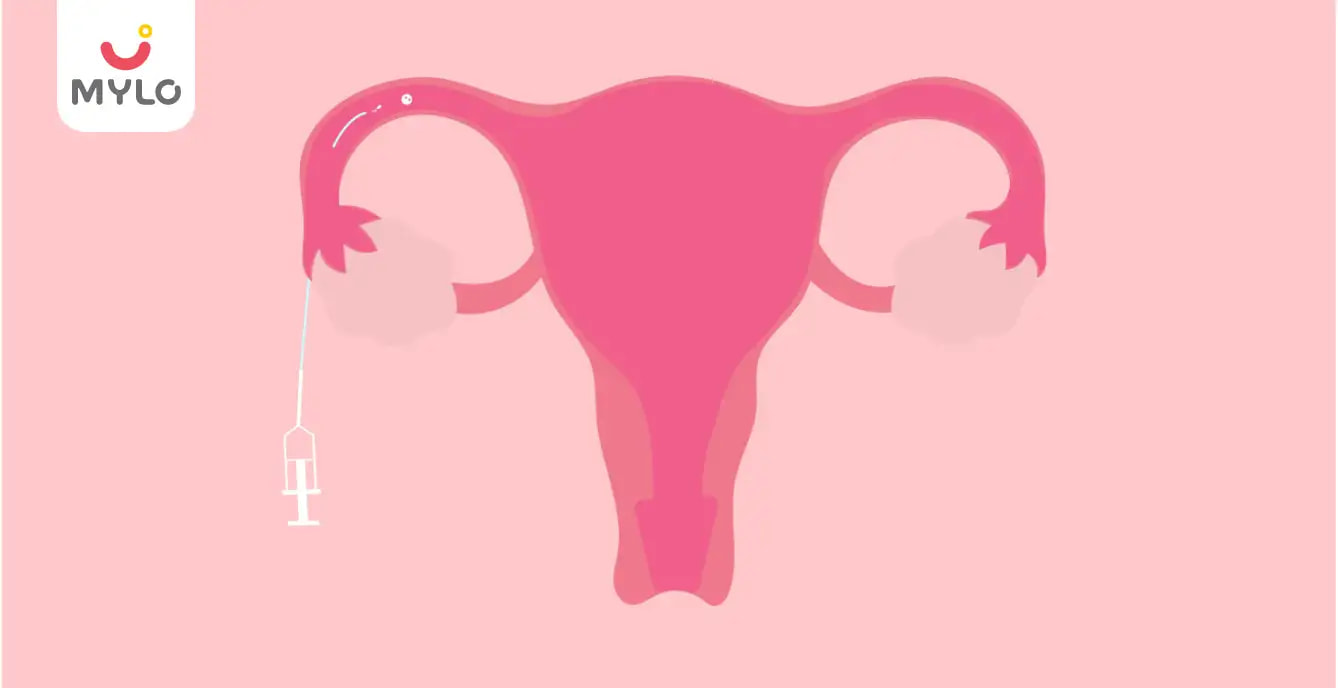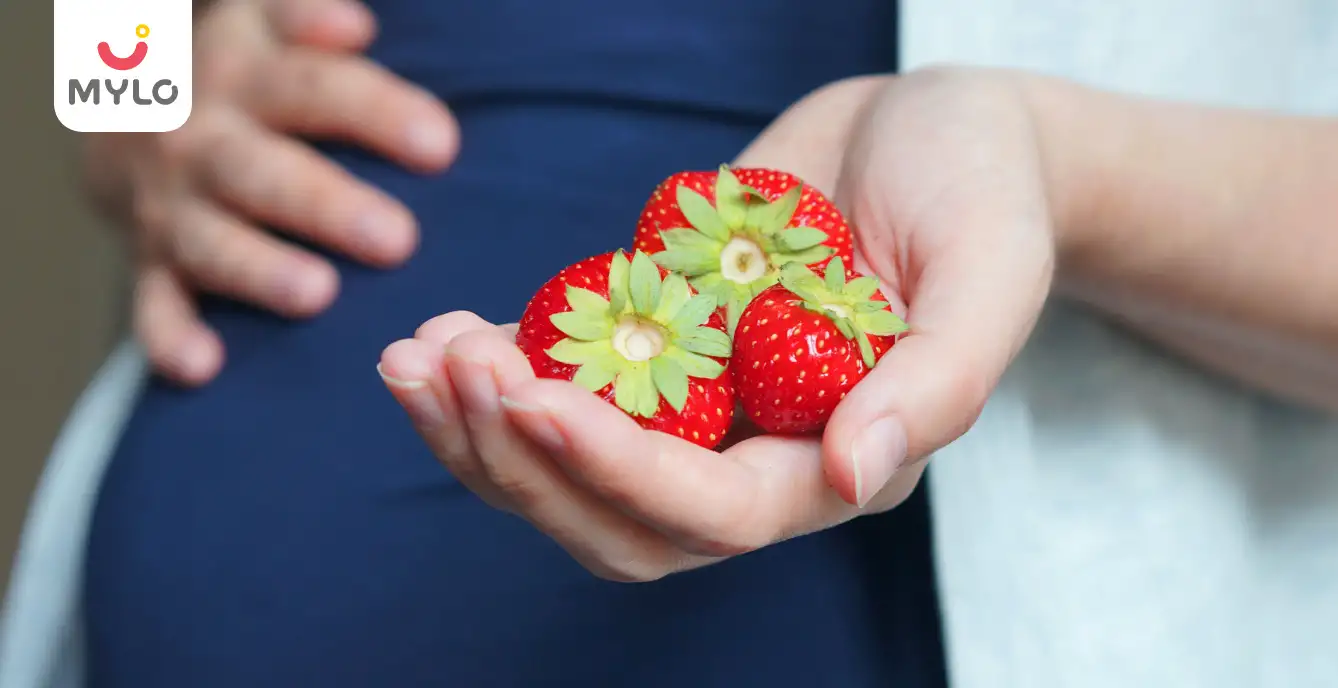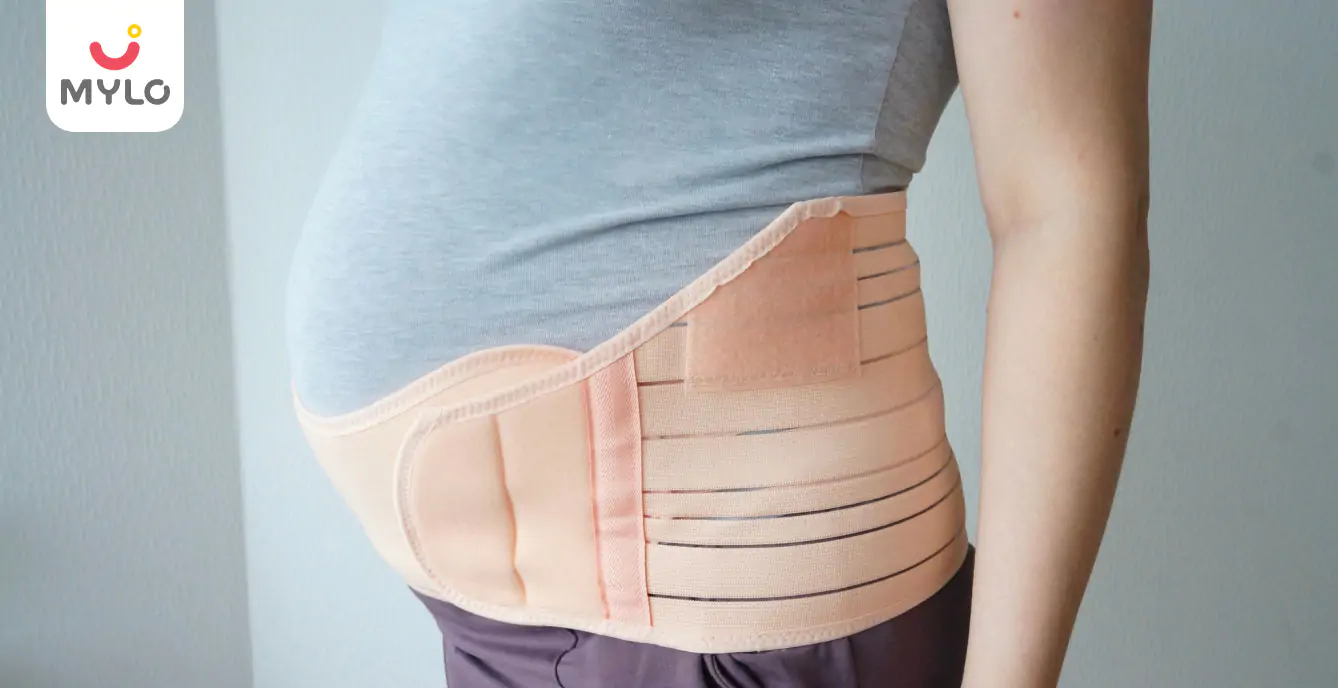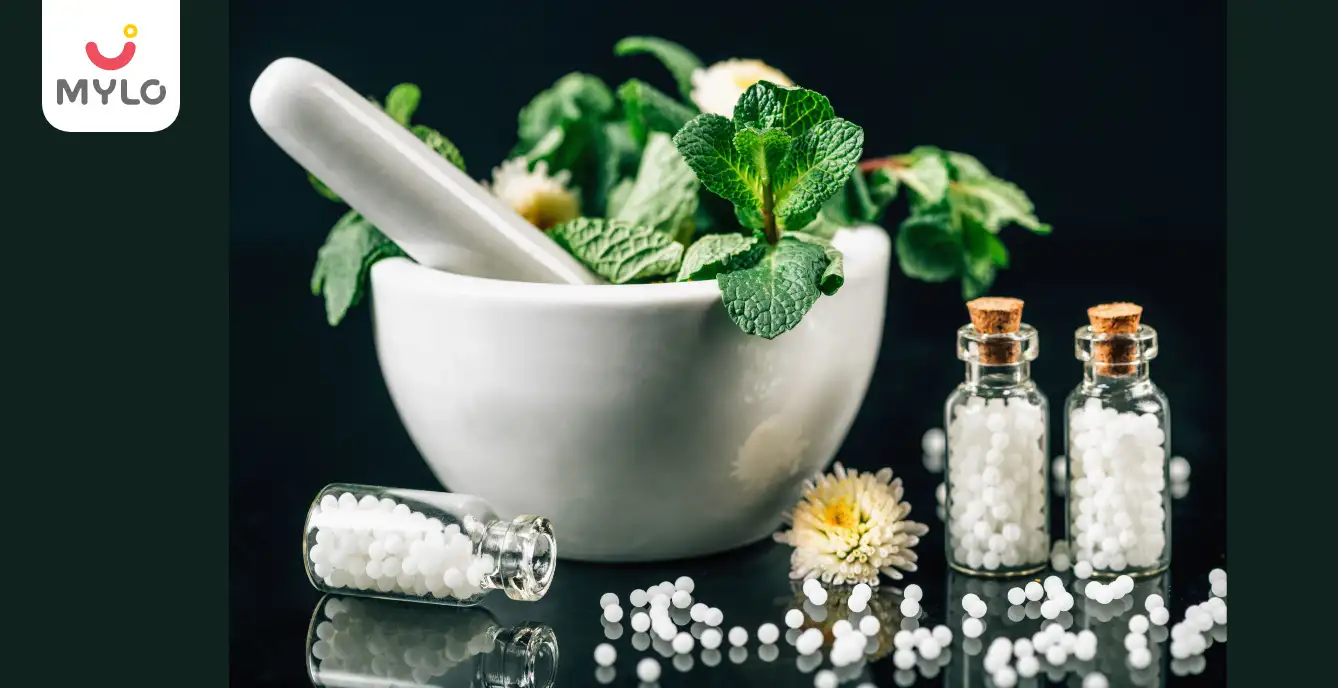Home

Conception

Endometrial Scratching: The Ultimate Guide to Meaning, Benefits and Impact on Conception
In this Article

Conception
Endometrial Scratching: The Ultimate Guide to Meaning, Benefits and Impact on Conception
Updated on 6 September 2023



Medically Reviewed by
Dr. Shruti Tanwar
C-section & gynae problems - MBBS| MS (OBS & Gynae)
View Profile

The path to parenthood is one filled with hope and anticipation but for some, it can be riddled with roadblocks and complications. In recent years, a technique called endometrial scratching has emerged as a potential solution for couples struggling to conceive. But what exactly is it? How does it work? And most importantly, what impact does it have on the journey towards parenthood?
In this comprehensive guide, we will understand what this procedure is, explore its uses in IVF and IUI, its benefits, and its potential impact on conception.
What is Endometrial Scratching?
Endometrial scratching, also known as endometrial injury, is a procedure performed by fertility specialists to improve the chances of successful conception. During this procedure, the lining of the uterus, known as the endometrium, is intentionally scratched or injured.
This process is believed to stimulate the healing response in the endometrium, leading to better embryo implantation and increased chances of pregnancy. The procedure is typically performed in the doctor's office and can be done using various techniques.
One common method involves using a thin catheter or a pipelle to gently scrape the surface of the endometrium. Another approach utilizes a specialized instrument called a curette to create small abrasions on the uterine lining.
Regardless of the technique used, the goal is to promote the growth of a healthier endometrium that is more receptive to embryo implantation.
Reasons Why Doctors Recommend Endometrial Scratching in IVF
In vitro fertilization (IVF) is a widely used assisted reproductive technology that helps many couples overcome infertility. To enhance the success rate of IVF, doctors often recommend endometrial injury for several reasons:
1. Improved embryo implantation
Scratching the endometrium creates a favorable environment for embryo implantation. The intentional injury triggers a healing response and increases blood flow to the endometrium, promoting a more receptive environment for the embryo.
2. Enhanced endometrial lining
This procedure stimulates the growth of a thicker and healthier endometrial lining. This can lead to improved embryo implantation and reduce the risk of implantation failure.
3. Increased pregnancy rates
Studies have shown that endometrial scratching before IVF significantly increases the chances of pregnancy. By preparing the endometrium for implantation, this procedure can optimize the success rates of IVF cycles.
4. Reduced miscarriage rates
A thin or inadequate endometrial lining can contribute to miscarriages. Scratching the endometrial lining can help improve the thickness and quality of the endometrium, reducing the risk of miscarriage in IVF pregnancies.
5. Cost-effective option
Compared to other advanced fertility treatments, endometrial injury is a relatively simple and affordable procedure. It can be performed alongside an IVF cycle, making it a cost-effective option for couples undergoing fertility treatments.
You may also like : Hysteroscopy: Everything You Need to Know About This Minimally Invasive Procedure
Reasons Why Doctors Recommend Endometrial Scratching Before IUI
Intrauterine insemination (IUI) is a fertility treatment that involves placing sperm directly into the uterus to enhance the chances of fertilization. Endometrium scratching is often recommended by doctors before IUI for the following reasons:
1. Improved embryo implantation
Similar to IVF, endometrial injury before IUI helps create a more receptive environment for embryo implantation. The procedure stimulates the endometrium, encouraging the growth of a healthier lining.
2. Increased pregnancy rates
Studies have found that endometrial scratching before IUI can significantly improve pregnancy rates. By preparing the endometrium, this procedure increases the chances of successful fertilization and implantation.
3. Enhanced sperm transport
This procedure promotes increased blood flow to the uterus, which can enhance sperm transport. This improves the chances of successful fertilization during IUI.
4. Reduced implantation failure
In some cases, implantation failure can occur due to a thin or inadequate endometrial lining. Scratching the uterine lining helps address this issue by stimulating the growth of a thicker and more receptive endometrium.
5. Maximized treatment efficiency
By performing this procedure before IUI, doctors can maximize the effectiveness of the treatment. This can lead to higher success rates and reduce the need for multiple IUI cycles.
How Important is Endometrial Scratch Timing?
The timing of endometrial scratch plays a crucial role in its effectiveness. Ideally, the procedure should be performed during the menstrual cycle preceding the IVF or IUI treatment cycle. This timing allows the endometrium to heal and regenerate, creating an optimal environment for embryo implantation.
Performing endometrial injury too far in advance or too close to the treatment cycle may not yield the desired results. It is essential to follow the specific timing recommendations provided by your fertility specialist to maximize the benefits of endometrial scratch.
Endometrial Scratching: What to Expect
This procedure is a relatively quick and straightforward procedure that can be performed in a doctor's office. Here is what you can expect during the process:
1. Preparation
Before the procedure, your doctor will explain the process and answer any questions you may have. They may also conduct a thorough examination to ensure that you are suitable for it.
2. Procedure
The procedure typically takes a few minutes to complete. You will be positioned on an examination table, and a speculum will be inserted to visualize the cervix. The doctor will then gently introduce a thin catheter or a pipelle into the uterus to scrape or sample the endometrial lining.
3. Discomfort
Some women may experience mild discomfort or cramping during the procedure. However, the pain is usually minimal and short-lived. If necessary, your doctor may administer a local anesthetic to alleviate any discomfort.
4. Recovery
After the procedure, you may experience mild spotting or bleeding. This is normal and should subside within a day or two. Your doctor will provide you with specific aftercare instructions to ensure a smooth recovery.
Endometrial Scratch: After Care
Following endometrial injury, it is essential to follow proper aftercare instructions to promote healing and minimize any potential risks. Here are some key aspects of post-procedure care:
1. Rest and recovery
It is advisable to take it easy for the remainder of the day after the procedure. Avoid strenuous activities and give your body time to heal.
2. Avoid intercourse
Your doctor may recommend refraining from sexual intercourse for a few days after the procedure. This allows the endometrium to heal without the risk of infection.
3. Monitor for complications
While complications are rare, it is important to be aware of any unusual symptoms. Contact your doctor if you experience severe pain, heavy bleeding, or signs of infection such as fever or foul-smelling discharge.
4. Follow-up appointments
Your doctor will schedule a follow-up appointment to evaluate the success of the procedure and discuss any further steps or treatments.
You may like: Endometrial Polyp and Pregnancy: How Uterine Polyps Can Affect Your Chances of Conception
What are the Potential Risks of Endometrial Scratching in IVF or IUI?
Although endometrium scratching is generally considered safe, like any medical procedure, it does carry some potential risks. These risks include:
1. Infection
While rare, there is a slight risk of infection associated with this procedure. Following proper endometrial scratch after care and promptly reporting any signs of infection to your doctor can help minimize this risk.
2. Uterine perforation
In extremely rare cases, endometrial injury may result in uterine perforation. This occurs when the instrument used during the procedure punctures the uterine wall. Your doctor will take precautions to minimize this risk, and prompt medical attention should be sought if this complication is suspected.
3. Discomfort or pain
Some women may experience mild discomfort or cramping during or after the procedure. However, this is usually temporary and can be managed with over-the-counter pain relief medications.
FAQ’s
1. Is Endometrial Scratching Painful?
While some women may experience mild discomfort or cramping during the procedure, it is generally well-tolerated and considered minimally painful. The discomfort is usually short-lived and subsides quickly after the procedure. If necessary, your doctor can administer a local anesthetic to alleviate any pain or discomfort.
2. Is It Normal to Bleed After Endometrial Scratch?
It is normal to experience mild spotting or light bleeding after endometrial injury. This is due to the intentional injury to the endometrium during the procedure. The bleeding typically subsides within a day or two and is considered a normal part of the healing process.
3. What Are the Side Effects of Endometrial Injury?
The side effects are generally mild and temporary. These may include mild cramping, spotting or bleeding and some discharge. If you experience severe or persistent side effects, it is important to consult your doctor for further evaluation.
The Bottomline
Endometrial scratching is a procedure recommended by doctors to improve the chances of successful conception in couples undergoing fertility treatments. Whether it is performed before IVF or IUI, this simple technique can have significant benefits, including improved embryo implantation, increased pregnancy rates, and reduced miscarriage rates. While there are potential risks and mild side effects associated with this procedure, they are generally minimal and well-tolerated.
References
1. Günther V, von Otte S, Maass N, Alkatout I. (2020). Endometrial "Scratching" An update and overview of current research. J Turk Ger Gynecol Assoc.
2. van Hoogenhuijze NE, Kasius JC, Broekmans FJM, Bosteels J, Torrance HL. (2019). Endometrial scratching prior to IVF; does it help and for whom? A systematic review and meta-analysis. Hum Reprod Open.





Medically Reviewed by
Dr. Shruti Tanwar
C-section & gynae problems - MBBS| MS (OBS & Gynae)
View Profile


Written by
Anandita Sharma
Drawing on more than a decade of expertise in administration, Anandita Sharma currently serves as a content operations e
Read MoreGet baby's diet chart, and growth tips

Related Articles
Related Questions
Hello frnds..still no pain...doctor said head fix nhi hua hai..bt vagina me pain hai aur back pain bhi... anyone having same issues??

Kon kon c chije aisi hai jo pregnancy mei gas acidity jalan karti hain... Koi btayega plz bcz mujhe aksar khane ke baad hi samagh aata hai ki is chij se gas acidity jalan ho gyi hai. Please share your knowledge

I am 13 week pregnancy. Anyone having Storione-xt tablet. It better to have morning or night ???

Hlo to be moms....i hv a query...in my 9.5 wk i feel body joint pain like in ankle, knee, wrist, shoulder, toes....pain intensity is high...i cnt sleep....what should i do pls help....cn i cosult my doc.

Influenza and boostrix injection kisiko laga hai kya 8 month pregnancy me and q lagta hai ye plz reply me

RECENTLY PUBLISHED ARTICLES
our most recent articles

Bathing
The Ultimate Guide to Buying a Baby Bath Tub for New Parents

Diet & Nutrition
Strawberry in Pregnancy: Why Should This Fruit Be on Your Pregnancy Platter?

Pregnancy Journey
Benefits of Wearing a Pregnancy Belt Before Delivery

Ayurveda & Homeopathy
PCOS Treatment in Homeopathy: The Ultimate Guide to Natural Remedies

Ayurveda & Homeopathy
Manjistha: Ayurveda's Best-Kept Secret for Health and Beauty

PCOS & PCOD
Metformin for PCOS: How This Medication Can Help Regulate Hormonal Imbalances
- 5 Tips on How to Get Pregnant When You Are Fat
- Do Antibiotics Affect Fertility: Debunking Common Myths and Misconceptions
- Disadvantages of Releasing Sperm Daily: Debunking Common Myths
- Varicocele Surgery Cost: What You Need to Know Before You Go Under the Knife
- Testicular Pain: Don't Ignore, Know When to Seek Medical Attention
- PCOS with Regular Periods: Understanding the Symptoms and Implications
- Bulky Uterus: What You Need to Know About this Common Gynecological Issue
- Mylo Baby Wipes Review
- PCOS Treatment in Ayurveda: The Ultimate Guide to Natural Treatment Options
- PCOS Acne: The Ultimate Guide to Causes, Treatment and Management
- Maggi in Pregnancy: Is It Safe to Enjoy Your Favorite Instant Noodles?
- Oats During Pregnancy: A Winning Combination for Both Mom and Baby
- Types of IVF, Their Benefits and Side Effects Everything You Need to Know..
- How to Sterilize Baby Bottles: The Ultimate Step-by-Step Tutorial


AWARDS AND RECOGNITION

Mylo wins Forbes D2C Disruptor award

Mylo wins The Economic Times Promising Brands 2022
AS SEEN IN

- Mylo Care: Effective and science-backed personal care and wellness solutions for a joyful you.
- Mylo Baby: Science-backed, gentle and effective personal care & hygiene range for your little one.
- Mylo Community: Trusted and empathetic community of 10mn+ parents and experts.
Product Categories
baby carrier | baby soap | baby wipes | stretch marks cream | baby cream | baby shampoo | baby massage oil | baby hair oil | stretch marks oil | baby body wash | baby powder | baby lotion | diaper rash cream | newborn diapers | teether | baby kajal | baby diapers | cloth diapers |




